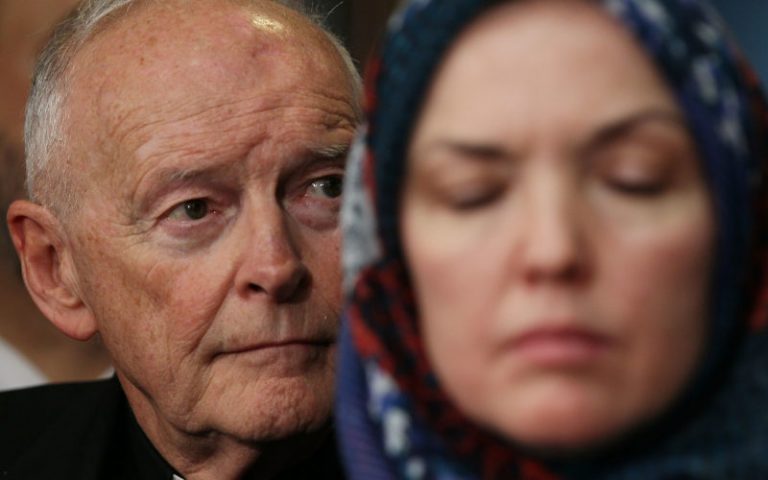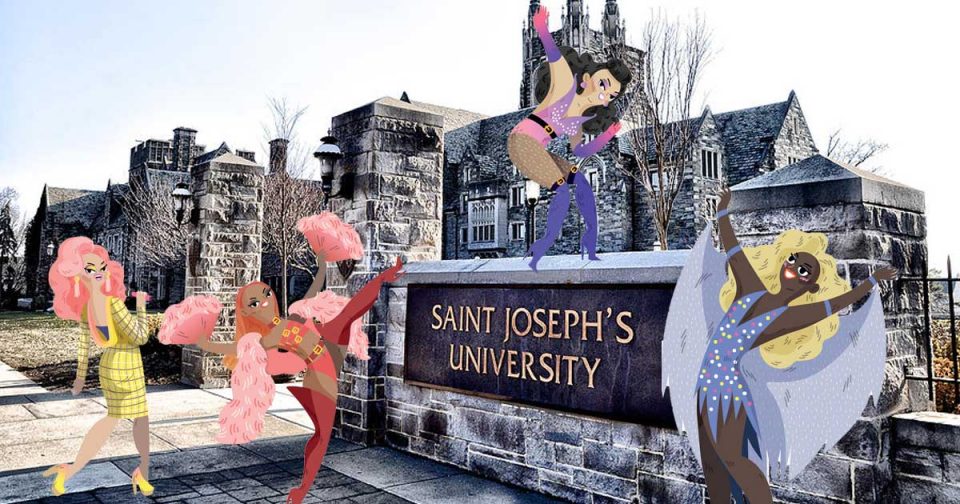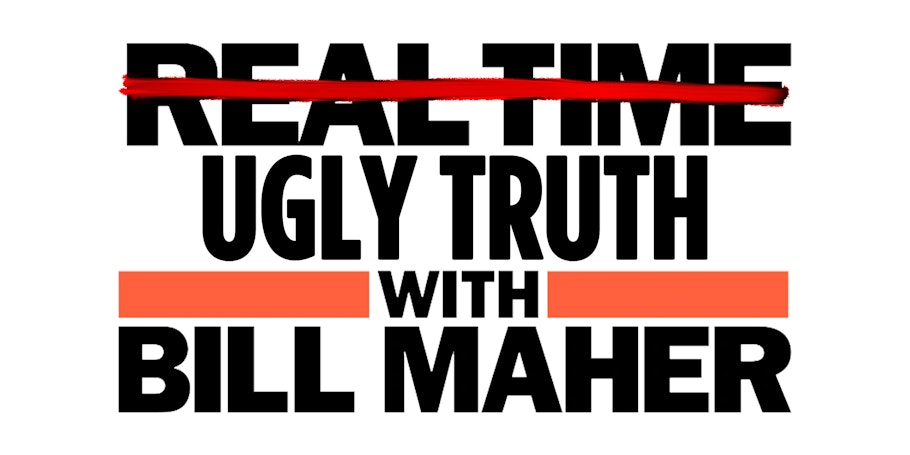Bishops and commentators wonder what happens in the absence of an investigation
One of the most striking things about this month’s Youth Synod is what is missing. We have heard from various quarters about the Synod Fathers’ need to be the leaders of a “listening Church” – and to lead by example – and we have heard about the bishops’ “credibility deficit” in various ways and modes of diction. But the root problem, the abuse crisis, often remains the elephant in the room.
Some bishops, it’s true, have acknowledged it quite frankly. Before coming to Rome for the nearly month-long gathering, Bishop Frank Caggiano of Bridgeport, Connecticut told the National Catholic Reporter, “I am going to advocate that the synod needs to make [the crisis] a major topic now, without a doubt.” Caggiano went on to tell the Reporter, “It’s about leadership being accountable. It’s about transparency. I think the greatest scandal is when, you know, things are not accounted for, or hidden or not transparent. That shakes people’s faith.”
Bishop Caggiano began to make good on his promise in a floor speech in the synod hall on Thursday. “Bishop Caggiano – one of the American delegates – gave a very good intervention,” said Bishop Robert Barron on Thursday evening at a colloquy sponsored by the Notre Dame Center for Ethics and Culture.
“[Caggiano] made the observation – with which I very much agree – that, if you go back ten years, let’s say, and you look at surveys of why young people stay away from the Church, or feel alienated, the sex abuse scandal was not up near the top. It was often mentioned, but way down [on the list],” said Bishop Barron. “Many other things were far higher on the list,” he continued. “Now, that has shifted around, in the wake of the recent outbreak.”
While one may lament that the bishops only make a show of addressing the crisis under the aspect of scandal – in essence a marketing liability – one may suppose that something is better than nothing, and that the maxim “better late than never” also applies. Nevertheless, all the bishops in the world talking all the day long will not repair the real injustice done to victims, nor will it restore the trust that is in tatters, nor will it serve to remove the scandal – in the technical sense – of moral decay in the clerical and hierarchical leadership culture, high and low – a scandal epitomised by the revelations regarding the disgraced former archbishop of Washington, DC, Theodore McCarrick.
The US bishops have asked Pope Francis to sanction a special investigation into the affair. They announced their intention to seek the measure on August sixteenth, and waited nearly a full month before getting the opportunity to present their request formally. The meeting between the Pope and the leadership of the US Conference of Catholic Bishops on September 13th did not end with an announcement of the authorisation of any such investigation or any other concrete steps.
Though the Vatican has not confirmed it, Pope Francis appears to have rejected the measure.
“If you’re serious about getting to the bottom of what happened with McCarrick, then you need access to what the Vatican knew, and when it knew it,” said John Allen, the founder and editor-in-chief of Crux and Bishop Barron’s partner in dialogue on Thursday evening. “You need to know: when was the Vatican informed about the concerns about misconduct that were surrounding McCarrick? Who was informed? What did they do about it? Who was informing them? Answers to those questions are only going to come if there is a serious Vatican commitment to an investigation,” Allen said.
Gonzalo Martinez, a graduate student in computer science at Notre Dame and one of the seven featured young speakers at Thursday’s event, told the Catholic Herald, “It is true: we focus a lot more on the coverup – and that is hurtful, that is [behavior] that we do not expect,” he said. “Covering up is not a solution,” Martinez continued. “Stopping the scandal by covering it up is not a solution.” Martinez went on to offer a blunt observation, which he stated as a matter of fact. “That doesn’t mean that we are going to stop believing,” he said. “[The bishops] were chosen for a reason: they were not chosen by us, they were chosen by Christ to lead His Church.”
http://www.catholicherald.co.uk/news/2018/10/05/the-mccarrick-case-is-haunting-the-youth-synod/







